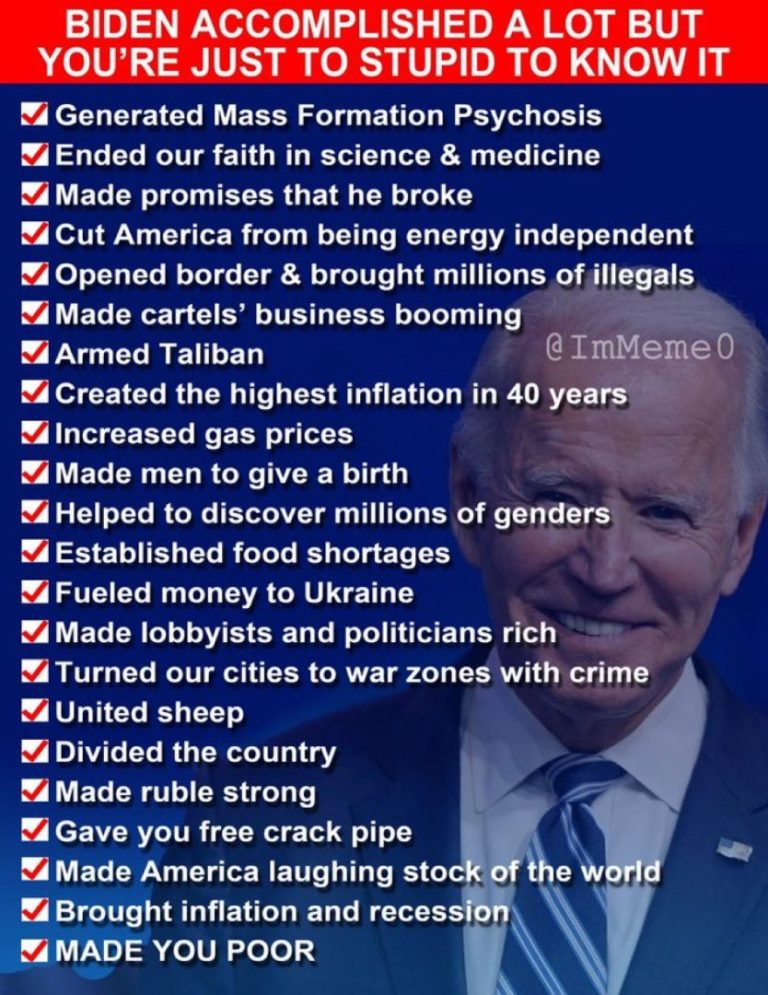One of the two defendants in a first-degree murder case of their daughter Paisleigh Williams, two years old, is suspected of having some mental issues, according to Williams’ defense counsel, Wyoming public defender Dylan Rosalez, requested the Park County District Court to “Grant a Competency Evaluation.”
The Park County District Court Judge, Bobbi Overfield, has agreed and ordered Williams to undergo Comp Eval before the trial, which was set to start in October of 2022.
The Park County Deputy Attorney, Jack Hatfield, indicated to the court that the state does not object to Williams undergoing a Comp Evaluation. According to Hatfield, If there’s reasonable cause, we see good faith for the Competency evaluation request, and we have no reason to dispute the test if the court orders it, indicated Park County Deputy Attorney Jack Hatfield.
The snag, in this case, is that the State Hospital in Evanston, Wyoming has a backlog of available beds booked into the new year of 2023.
By law, the state hospital in Evanston, Wyoming, will have only 30 days to conduct an Eval and prepare the findings for the District Court within the 30-day time frame. District Court Judge Bobbi Overfield stated in Court that if the State Hospital can not conform to the 30-day time frame, it was suggested that the State Hospital send a mental examiner to the detention facility for inpatient service for the competency evaluation to be conducted.
So far, the trial date in October has not been changed, moved, or canceled. According to the District Court Judge, if the evidence supports the defense counsel’s position, which information shows that William Moshe is incompetent to assist or stand trial, then there may be a good reason to vacate the trial altogether.
So far, both Moshe and Aune Williams are to stand trial as Co-Defendants at the same trial. According to the Defense counsel for Aune Williams, Public Defender Travis Smith, his legal position is that the competency evaluation may directly impact his client Aune Williams and will more than likely change his client’s defense type.
According to Court records, Park County Deputy Attorney Jack Hatfiled filed on August 18th, 2022, motioned the court to deny Moshe Williams’s counsel’s motion to sever the defendants and be tried separately. Hatfield intends to use the same evidence against both defendants in the case.












